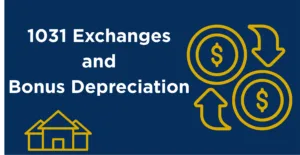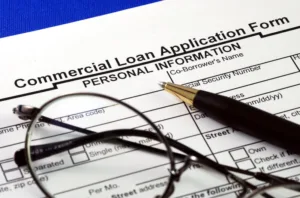Jim was a buyer who was pretty meticulous when he bought real estate investments. He would carefully go through every due diligence item, each lease and research the market extensively.
While Jim was a smart buyer to studiously analyze a deal before he proceeded to closing, the time that it took him was quite extensive. He always asked for a long due diligence period when going under contract. This often put him at a disadvantage when negotiating the price and terms of the deal up front, as most sellers understand that time is money.
What is the value of time in a real estate deal?
In basis terms, the value of the time asked for during a real estate contract relates to what else that money could be earning elsewhere. If the owner can park that money in a Bond paying 4% right now, that is the base value of that time.
Some level of due diligence timing is reasonable and must be accommodated by the seller, as the inherent risk in real estate must be evaluated by a buyer before purchase.
There are basic terms that are reasonable to ask for in each deal type, as the terms directly tie into the value.
- Multifamily: In a deal with standard parameters, a due diligence time of 30 days or less would be typical. Smaller deals = less time or large deals 80 units+ = more time.
- Self-Storage: These facilities are usually sold without actual review of the contents of units, so a due diligence to review receivables and make sure leases and rents collected match are very important. A timing of 30 days to review financials in depth would be prudent.
- Industrial: Often times Industrial comes with Environmental screenings and challenges, and as a result a 60–90 day timeframe for this due diligence is within reason. Environmental reports will take some time to complete, leaving the owners with little choice but to wait this timing.
- Retail:
Properties with multiple tenants, or a single tenant NNN lease where the value is tie to the credit profile of the tenants can be important to research. Timing of 45-60 days to investigate the tenant, review their corporate statements and market stability would be reasonable. Retail leases can be complex, with exclusive rights (Only coffee shop in the center, for example), percentage rents, renewal terms and more.
- Land:
The expectation for a reasonable timeframe here is much longer. The typical land deal for development will be subject to a lengthy Land Development contingency.
A due diligence timeframe would be 30-180 days, depending on the complexity and size of the land being developed.
The addition of a Land Development approval timeframe can then add several years onto this timeframe.
- Often times sellers do not understand that the development value they want to sell for (much higher than a raw land price) is directly time to the timing provided to a developer to secure approvals. Because of the dynamics around the Land Development process, the timing largely is what it is, and a reasonable seller would be open to waiting.
- Some projects will need a zoning hearing board approval, preliminary plan approval and final plan approvals, and the developer is often tied to the speed with which the township moves, which usually is SLOOOOWWW.
- Sometimes the developer may also be subject to the timing of their professionals as well- so if land surveyors, Geotech, traffic study providers, etc have been busy, it may take months to get there portion done before they can move to the next stage of the planning process.
- However, some developers may want to leave a deal open for years and move slowly on approvals, if they are not given a reasonable timeframe, so it is important to put in guardrails that are reasonable relative to the project.
If the land project is larger and broken into multiple stages, it is important to keep in mind the value of the land in the future may be worth more than it is today. So, if the developer settled on half the land and then waits 3 years to settle on the rest, the value of the property may be higher in 3 years than it is today, because of the increase in values that happens over time.
This increase in value, coupled with the return the money could have earned for those 3 years, would result in a lost profit to the landowner, unless they add in a higher amount for the additional time.
- Money for Time: This concept can be used for any real estate deal- and simply let the buyer know if they desire a longer time frame they will need to pay more for the property when they settle.
- In the event they do not settle, in order to minimize the lost return to the seller, a non-refundable deposit amount for due diligence time past the standard amount would be a reasonable way for both parties to get what they need from the transaction: the seller needs the return and the buyer needs the time.
- TIP: As a seller, ALWAYS write in the contract that all buyer’s due diligence items are provided to you if they pull out of the contract. This will save you time the next time around, and can be thousands of dollars of value.
Conclusion
Timing in real estate deals is often a big point of contention, but keeping in mind standard timeframes, what is reasonable to ask for/allow, and ways for both parties to minimize the down side can help to bring a transaction to a positive result.
Looking to buy or sell investment real estate in Pennsylvania or Maryland? Reach out to us, we are happy to help you find deals that work in your favor.





